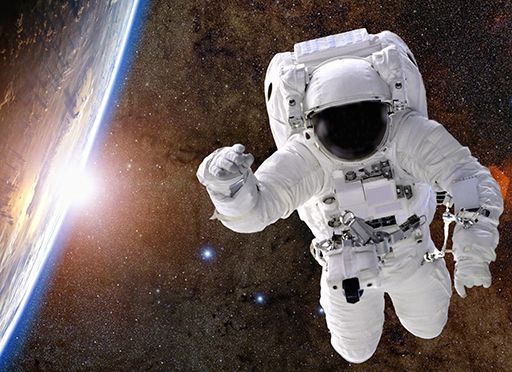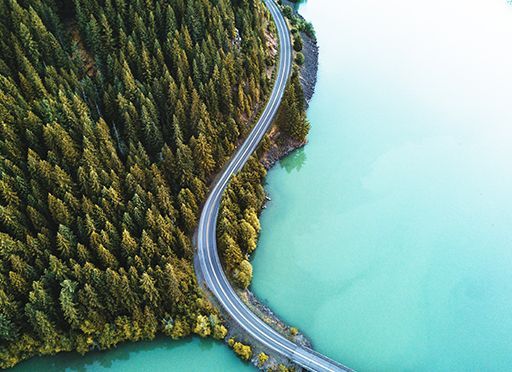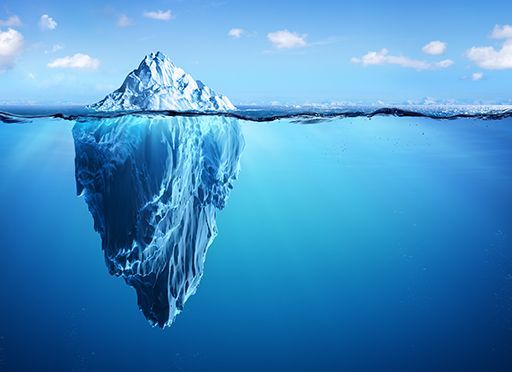Leading environmentalist Bill McKibben offers a detailed presentation of the ongoing climate catastrophe and how humanity can forestall it.

It’s Worse Than You Think
Since Bill McKibben first sounded the alarm about climate change in the 1980s, humans have only ramped up their consumption of fossil fuels. The global ecology has already passed an important tipping point, McKibben argues in this truly terrifying account. The venerable environmental writer says that the damage is already irreparable and that humanity must mitigate further calamity by shifting quickly to green energy.
McKibben’s well-founded alarmism won’t sway climate change deniers, but he is no Chicken Little – his authoritative reporting is an imperative wake-up call.
McKibben has long been a trustworthy, scholarly environmental correspondent, and his book’s reviews underscore that standing. The Washington Post said that McKibben “has gathered the most vivid statistics, distilled history to its juiciest turns, and made the case as urgently and clearly as can be: The whole breadth of our existence – the ‘human game’ – is in jeopardy.” New Yorker writer and bestselling author of Dark Money Jane Mayer noted, “McKibben has written a book so important, reading it might save your life, not to mention your home: Planet Earth.”
Climate Change
McKibben laments that, since the 1980s, when climate change emerged as an accepted threat to human existence, the world has done little to forestall global warming. The calamitous pace of change, he says, has only accelerated.
Put simply, between ecological destruction and technological hubris, the human experiment is now in question.Bill McKibben
The author argues that, despite irrefutable evidence of the climate crisis, most people ignore this menace.
40,000 Hiroshimas
McKibben explains that the burning of vast quantities of fossil fuels is the equivalent of detonating the atomic bomb that fell on Hiroshima 40,000 times a day. The author recounts that global warming costs $240 billion a year in the United States and $1.2 trillion worldwide.
Once the Arctic melts, there’s no way to freeze it back up again, not in human time.Bill McKibben
Amid much other evidence of disastrous consequences, McKibben cites a study revealing that continued ocean warming trends could, by 2100, wipe out the phytoplankton that produce two-thirds of the planet’s oxygen.
Temperature Spikes
The author warns that temperature spikes will interrupt food supply chains. Even a 2ºC increase in average temperatures, McKibben points out, would slash US corn production by 18%. He recounts how, after a heat wave crippled its harvest, Russia banned wheat exports. Prices soared, creating hard times in Egypt, the world’s largest importer of wheat, and here McKibben offers an evocative cause and effect: The Arab Spring ensued.
Ayn Rand
McKibben proffers an original reason for US politicians’ and business leaders’ passivity regarding fossil fuels. He blames novelist Ayn Rand, author of The Fountainhead and Atlas Shrugged, whose libertarianism captivated Federal Reserve chair Alan Greenspan and presidents Ronald Reagan and Donald Trump. McKibben observes that the billionaire Koch brothers – forces in the oil industry and US politics – benefit from Rand’s philosophy of profits now, damn the future. Trump’s tax cuts, McKibben stresses, saved the Kochs billions of dollars.
Green Energy
McKibben cites Stanford research concluding that every major country could produce 80% of its electricity from green energy sources by 2030 – and the cost would be far less than the high price of global warming.
The rapid spread of renewable energy across the developing world annoyed fossil fuel executives to no end.Bill McKibben
McKibben details how the virulently anti-green Koch brothers and former Exxon head Rex Tillerson embrace the notion that coal will bring the globe’s impoverished masses into modernity. The author refutes this with extensive, applicable evidence showing that the increased efficiency and dropping price of renewable energy make it a workable and sane alternative to fossil fuels.
Eloquence
McKibben is not an exciting prose stylist, but he’s not a boring ranter, either. He simply and directly presents mounds of evidence from sources worldwide, anecdotes regarding one person’s experience or the experience of thousands, and ample scientific and social research. He then ties these disparate sources into a steadily building argument that evolves into a clarion call for action.
In that sense, McKibben is an activist who never bends facts to his cause or relies on emotion to make his points. He has a thesis: Humanity is destroying its habitat, and the time for action is now. McKibben uses every fact at his disposal and his own eloquent voice in the service of that thesis.
If
If you’re unfamiliar with or slightly unconvinced about the processes of climate change, Falter provides an excellent gateway to this issue. If you’re well-versed in the subject, Falter offers a rich clearinghouse of data and likely oncoming climate processes. If you deny climate change or agree with the Kochs and Trump about the necessity of taking profits now and worrying about consequences later, this is not the book for you. However, if McKibben’s outlook and prose resonate with you, you will find welcome insights, research and ideas in McKibben’s The End of Nature and in Bill Gates’s How To Avoid a Climate Disaster.







